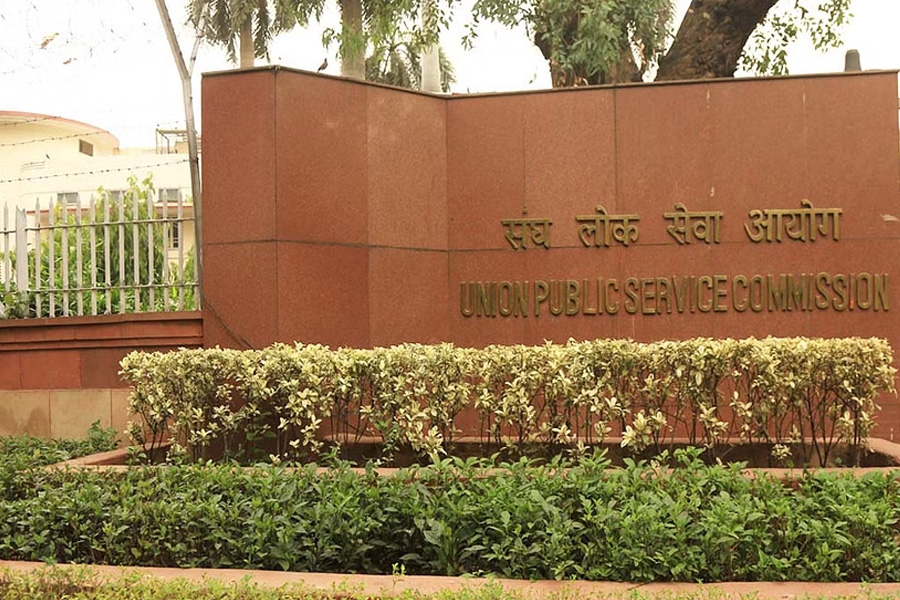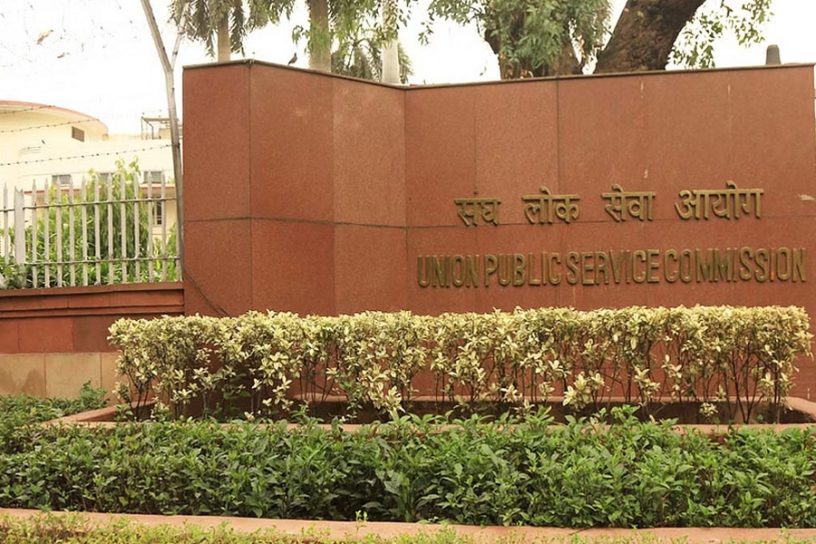
Does a diverse composition in public service assure us of an objective and hardworking administration, compassionate towards the poorest of poor?
Author
RK Raghavan, Professor, Jindal Global Law School, O.P. Jindal Global University, Sonipat, Haryana, India.
Summary
On May 24, the Union Public Services Commission (UPSC) released the list of 900 successful candidates in the annual civil services examination. As in the past few years, women bagged top ranks in the merit list. This is a truly heartening development. As is the fact that a substantial number of candidates are from rural areas and modest economic backgrounds. Without doubt, more than before, the civil services now reflect the nation’s diversity.
This is a positive phenomenon. There is, however, one nagging question. Does a markedly diverse composition of the higher echelons of public service assure us of an objective and hardworking administration, which is result-oriented, people-focused and compassionate towards the poorest of poor? Unfortunately, while diversity has its merits and positive effects, it can only go so far in creating a healthy and honest bureaucracy.
Published in: Hindustan Times
To read the full article, please click here.


